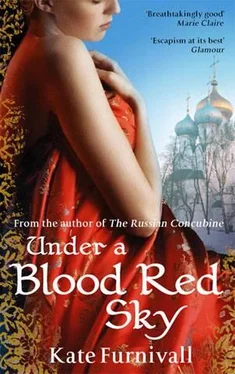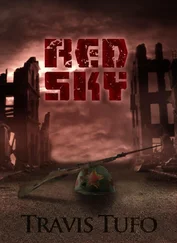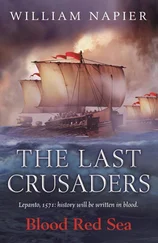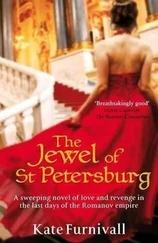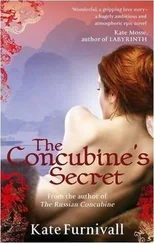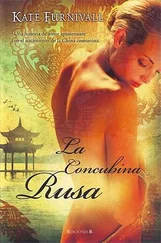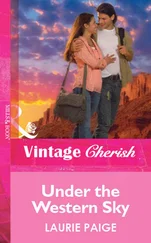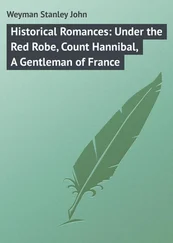‘He was well-known here,’ the bony-wristed man said, and his whole manner had changed. It was as soft as his eyelashes.
‘My father.’ She managed to squeeze the words from her throat.
‘Well, Sofia,’ the older man bent towards her and lowered his voice to a whisper, ‘there’s going to be real action today, so a basinful of vegetable soup in the belly will give us all the stomach for it. My name is Igor.’ She could see his sad mouth curve into a smile. ‘I think we can do business.’
Sofia took up a position outside the Alexandrinsky Theatre, where there was a constant bustle of cars and carriages and patrons in their finery. She sneaked in close whenever she could, touting her cardboard tray of cigarettes, but more often than not she was shooed away by the uniformed attendant. It made her feel like a stray dog.
The cigarettes had been a good idea, easy to sell. Out of the forty-eight she had started with, she was down to seven. Not bad. She was looking around for her next customer when she spotted a man in a top hat and a dark cape with bright silk lining heading straight towards her on the icy pavement. He planted himself firmly in front of her and looked down at the tray through tiny half-moon spectacles. She inspected him back. He was glossy, like a fur coat is glossy. Even his hair shone like boot polish in the glow of the theatre entrance.
‘Hello, little cigarette girl.’
He picked up one of the greyish cigarettes and held it stiffly between finger and thumb as though it might bite. Then he shifted his gaze to Sofia’s face. Suddenly she felt she was the one about to get bitten.
‘It’s good tobacco,’ she lied.
‘Oh yes? So where did these come from? Stolen from your father’s pocket?’
She wasn’t going to admit they were soup cigarettes. Igor had jumped at her idea. He and his fellow strikers had stood around a big iron brazier on a patch of wasteland on the snowy banks of the Fontanka, a whole group of gaunt-cheeked faces, and heated her vegetables in a massive pan over the flames, turning them into a soup that drew men from the street corners across the city. Each paid one cigarette. Soup cigarettes.
‘Yes,’ Sofia said and looked the man straight in his soft-lidded eyes. ‘They’re from my father’s pocket.’ She paused and let her shoulders droop. ‘He’s dead.’
It made him blink. He pulled a five-rouble note from his wallet and dropped it on her tray.
‘You’re very pretty, my dear. Maybe you need someone to take care of you now.’ He slid a good imitation of a fatherly smile on to his face. ‘You don’t want to be standing out in the cold on a night like this, it could be dangerous.’
She twitched her plait, making it swing in an arc on to her shoulder. He watched it, fascinated.
‘You’ve bought my cigarettes,’ she said flatly, ‘not me.’
With a precision she was proud of, she spat on the ground next to his shoe, a habit she had acquired from her afternoon companions. If her father had been here, he’d have cuffed her, but he wasn’t here any more. She snatched up the money, thrust the tray and its contents into the man’s hands, then slipped away into the dark streets.
She should go home now. Curfew was at eight o’clock. It would be foolish to linger. But already she could hear the marchers and their shouts ringing out as they advanced on Palace Square. She’d just take a quick look. That’s all.
It was like being part of a wall. That’s what it felt like to Sofia, a good strong wall. She saw herself as a brick, a small and flimsy one admittedly, but still a brick. Her arms were linked with Igor on one side and a vociferous woman on the other, and their arms were linked with other arms, and more arms linked with more arms, right across the width of the road, hundreds of them blocking all traffic and causing chaos in the city. Behind them was row after row of other linked arms, and in other streets and other squares the demands were shouted out in voices that grew bolder with each brick added to the wall.
‘We want bread!’
‘We want work!’
‘Down with the Tsar!’
Before the crowd could finish the words, the sound of horses’ hooves was heard advancing at speed and a troop of cavalry burst into the street, charging straight at the head of the marchers with the intention of crushing the leaders. The sight made Sofia’s legs tremble but she was certain the wall would hold fast. It wouldn’t break; it was strong and invincible. Her knees felt weak and something was stopping her from breathing properly, but surely the wall wouldn’t break.
‘Igor!’ she cried out.
‘Death to the Duma!’ he bellowed at the oncoming horses. ‘Death to the Duma!’
She could see the animals’ breath now, rising like incense in the street as they came out of the darkness, and then she saw the determined faces of the soldiers, eaten into strange shapes by rage. Her heart turned into a wild thing behind her ribs and she clutched tight to the arms on either side of her.
Then the sabres flashed.
A woman screamed in pain and the wall broke. Arms were snatched away and bodies were pressed against shop fronts, anything to avoid the scything of blades as the horses charged. Sofia could hear their big hearts beating as their hooves pounded on whatever and whoever fell under them. Screams and panic flared through the crowd, people fled, stumbled, ducked into alleyways as the night air was torn apart as easily as the wall had been.
Sofia ran. Igor had been ripped from her in the stampede but the woman on her left had yanked her into a side street and together they hurtled away from the metal sound of the hooves, the echo of each other’s footsteps giving them hope. They twisted and turned and dodged round corners, ducked between fences, gasping for breath, dragging icy air into their lungs. Sofia neither knew nor cared where she was. Strange streets crowded in on her and she could hear the breath of the woman at her side growing harsher, felt her stumble.
‘This way.’ Sofia steered them into a quiet avenue where large houses were set back behind tall imposing gates. Here at last they’d be safe. She knew she should be thanking God for their escape but she could find no words for Him. Instead she felt only a dull anger simmering hot in her stomach. To be hunted through the streets like an animal filled her with sick humiliation.
‘They treat us like vermin,’ the woman whispered as she slowed to a walk.
‘I’m not a rat.’
‘You can certainly run as fast as one, girl.’
‘Are you a Bolshevik or a Menshevik?’ Sofia had heard both words thrown around this afternoon.
In the dark she could barely make out the woman’s face, but she saw the headscarf lift and heard the grunt that the woman gave. It could have meant Da. Yes. Or it could have meant Shut your mouth, suka.
At that moment a lone cavalry officer appeared at the end of the street and in a flash he had heeled his horse into a gallop, the tip of his blade carving a path through the damp night air and straight to the woman’s throat.
The woman broke into a run.
‘No!’ Sofia shouted. ‘He’ll ride us down!’
‘Stupid girl, we are going to die whatever we do.’
To Sofia’s surprise the woman dropped to her knees in the middle of the road, head bowed, hands clasped together, and started to pray.
The horseman was closing, sabre ready to strike.
When Sofia looked back on this moment, it was as if time stopped in this quiet avenue in Petrograd. Stillness filled her young mind. The panic and fear that had been banging holes in her ribs seemed to drain out of her, leaving her mind clear and white. She waited until the horseman had raised himself to a standing stance in the stirrups and the blade was cutting through the thread of the woman’s prayers as it swept towards her defenceless neck. Then Sofia leapt forward.
Читать дальше
